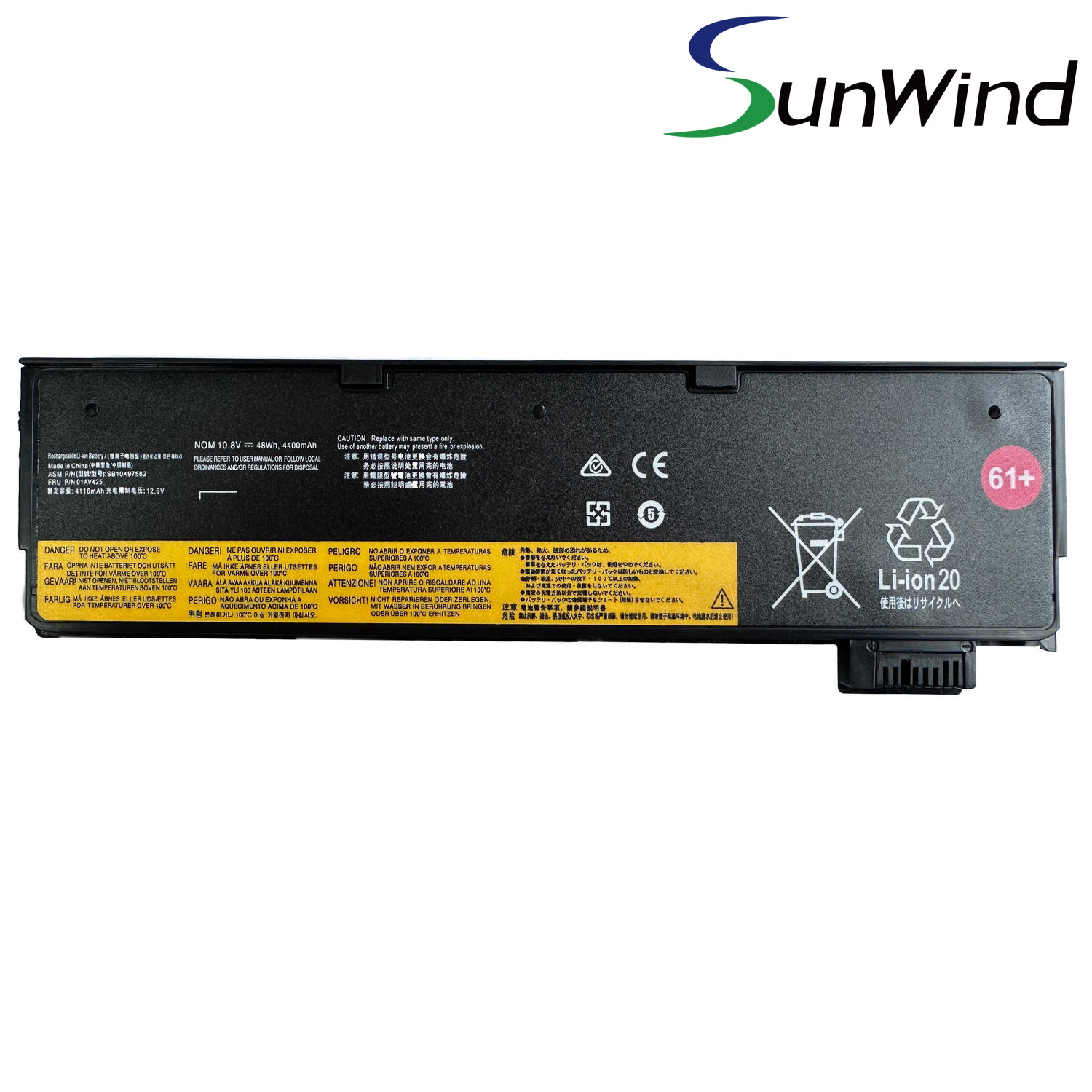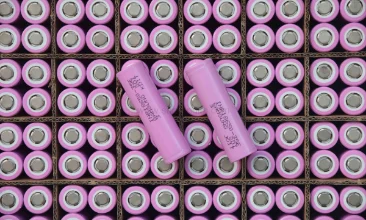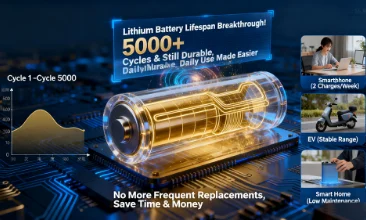Battery capacity is undoubtedly a key factor affecting battery life, typically measured in milliampere-hours (mAh) or watt-hours (Wh). Generally speaking, the larger the capacity, the longer the laptop can operate unplugged. For example, for daily office use, if you expect 5-6 hours of battery life, a battery with a capacity of 5000-6000mAh will generally meet the requirements. For long-distance business trips requiring battery life of more than 8 hours, a battery with a capacity of 10000mAh or higher should be selected, and you may even consider carrying a spare battery.
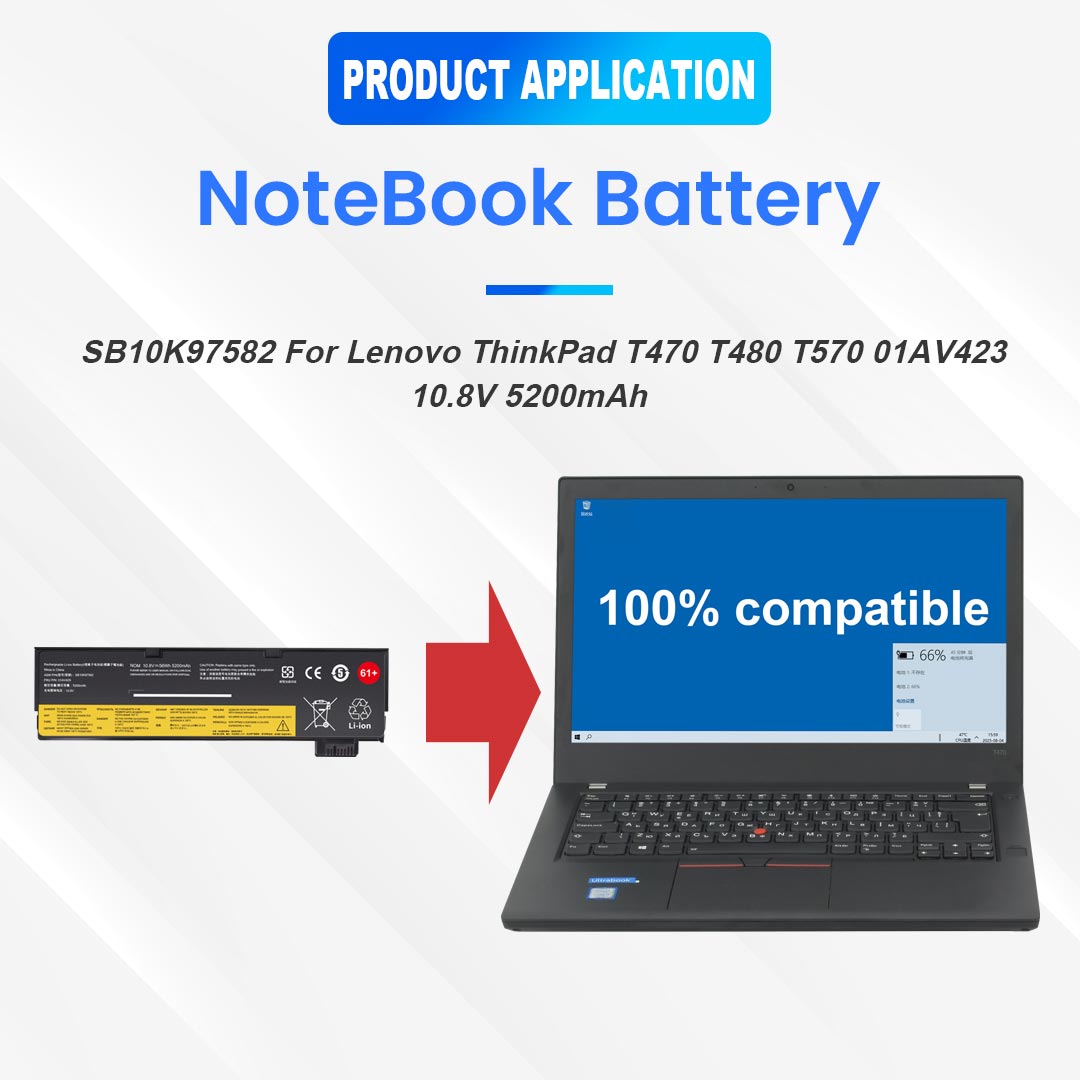
Type Identification: Lithium-ion vs. Lithium-polymer Tradeoffs
Currently, laptop batteries on the market are primarily categorized as lithium-ion and lithium-polymer batteries. Lithium-ion batteries offer higher energy density, lower self-discharge rates, and a relatively long lifespan, allowing them to store more power within a smaller footprint. Lithium-polymer batteries, on the other hand, offer higher energy density, allowing them to be thinner and lighter for the same amount of power, making them particularly attractive for laptops seeking an ultra-thin design.Lithium polymer batteries offer superior safety. Compared to lithium-ion batteries, they maintain greater stability under extreme conditions, such as high temperatures, reducing potential safety risks. However, lithium polymer batteries are relatively expensive to manufacture. For consumers who prioritize a laptop's lightweight portability and have high battery safety requirements, and have a relatively ample budget, lithium polymer batteries are a good choice. For those seeking cost-effectiveness and less sensitive to battery size and weight, lithium-ion batteries are more suitable.
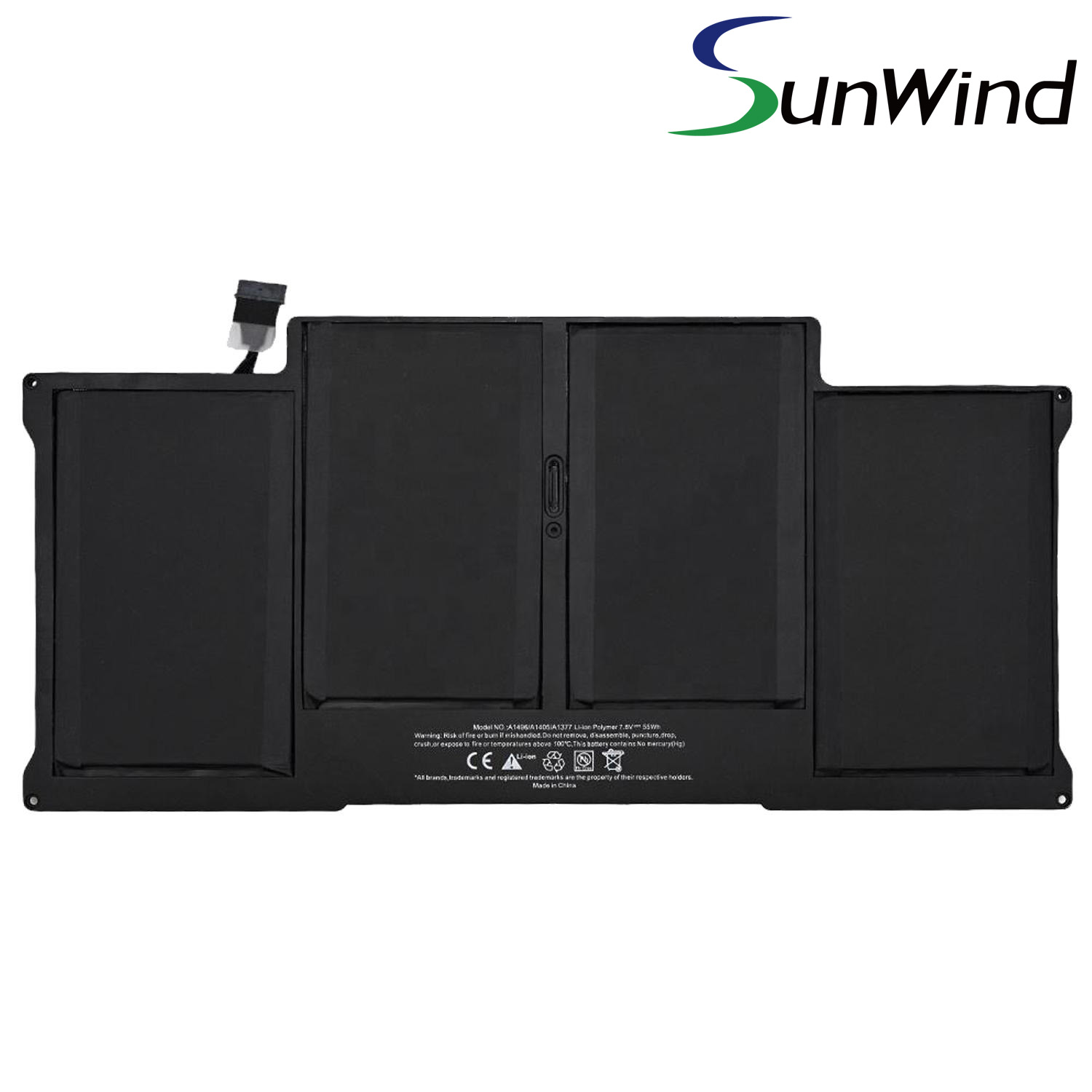
Voltage matching: a key indicator for matching equipment
Common voltages range from 10.8V to 15.2V. Different laptop models are designed to accommodate different battery voltages. Make sure you choose the right battery for your laptop; otherwise, you could damage your device. High-performance laptops use high-voltage batteries, such as 15.2V, to reduce losses during current transmission and improve energy efficiency. Thin and light laptops typically use lower voltages, such as 10.8V or 11.1V. Therefore, when choosing a battery, carefully consult your laptop's manual or manufacturer to determine the required battery voltage and select a battery that matches the voltage.
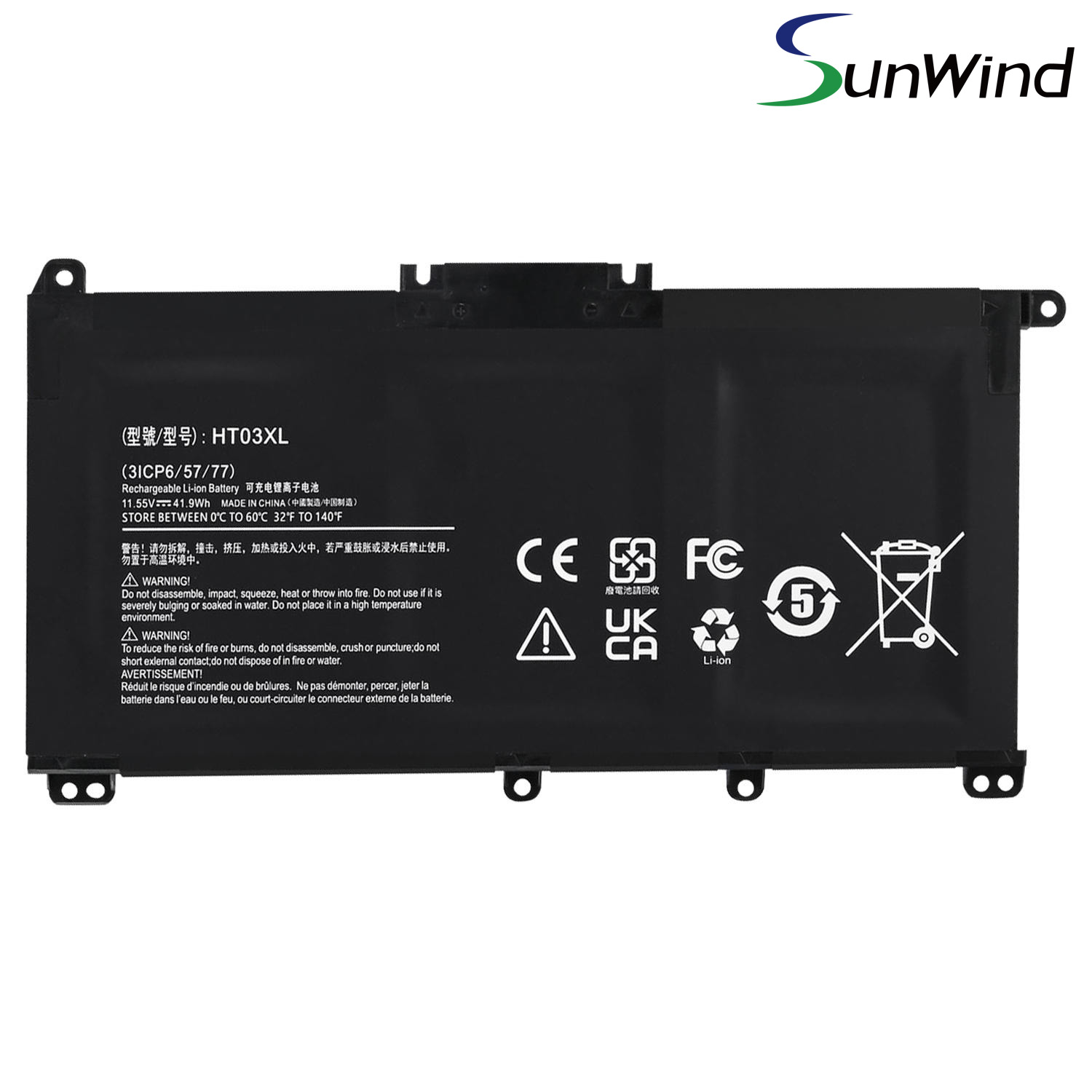
The typical laptop battery has a cycle life of around 500-1000 cycles. Once this number of cycles is reached, the battery capacity will significantly decrease, significantly shortening the battery life.
When the battery health falls below 80%, you may need to consider replacing the battery to restore the laptop's normal battery life. Maintaining a battery charge between 20% and 80% on a daily basis can extend the battery life.
